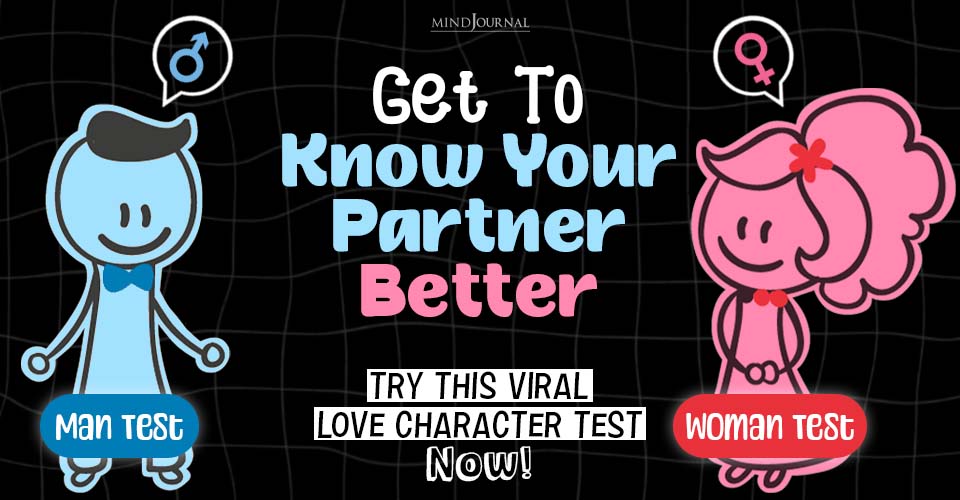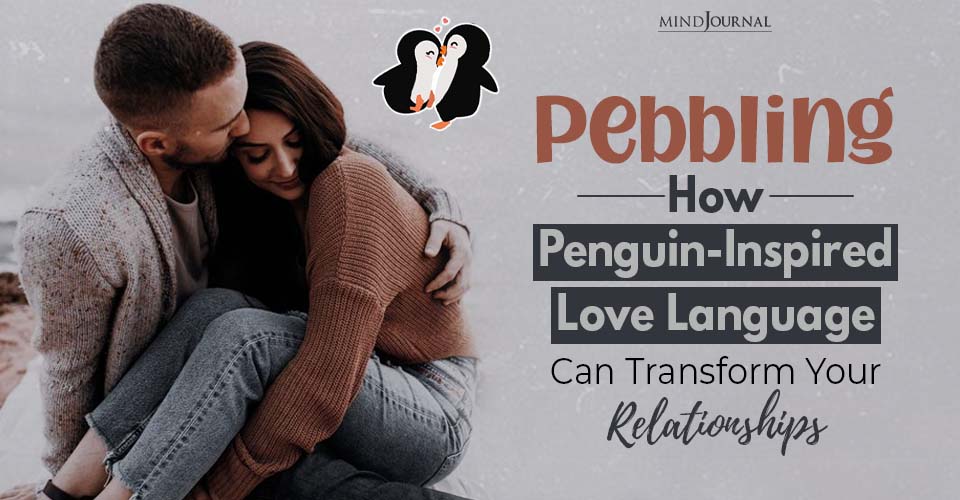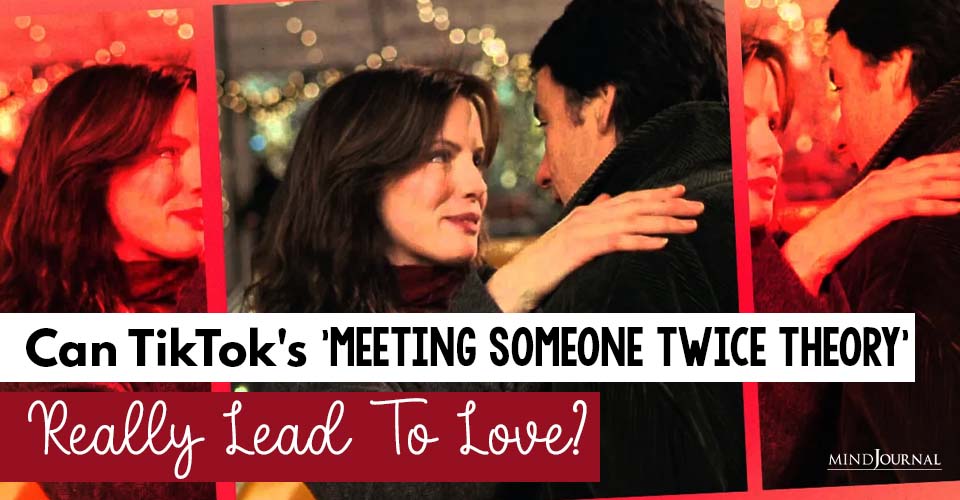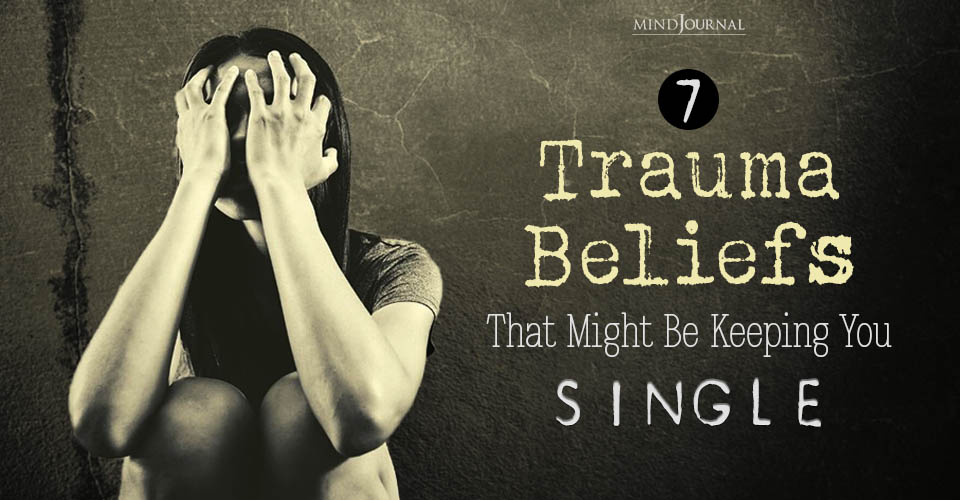Mutual respect, mutual support, and mutuality are some of the most important cornerstones of having a healthy and strong relationship. Supporting each other equally can help both of you have a happy and more fulfilling relationship.
Key Points
Couples who feel unsupported by their partner may be missing a key ingredient that creates mutuality: providing support. Positive relationships require openness to receiving support and being able to provide it to the other person. Building relationship awareness involves developing an awareness of your feelings, desires, and goals and those of your partner.
Jill and Dan settle into opposite ends of the large sofa in my office, across from where I sit. They tell me they want help with a chronic dissatisfaction they both experience — about not getting the support they want and need from the other. I ask for examples, and both quickly jump in:
“You didn’t act very supportive at all that day my mother died,” Jill said. “That really hurt me, that you weren’t there for me. And you even went to a meeting that same night, instead of staying with me, when I needed you. It’s moments like that — I think you’re incapable of empathy, or on the spectrum.”
Dan replied, sounding a bit defensive and annoyed: “It was my alumni club meeting, I’m an officer, and the Congressman was the guest speaker. I felt a responsibility to be there. Of course, I knew you were hurting, and I left as soon as I could. Remember,” he continued, “I took over arranging the trip to the funeral for us and the kids, on short notice.”
“Big deal, Jill replied. What about just comforting me? I was crying all day, and you could have at least helped out with the children, given the state I was in. My friends were more supportive than you were.”
Dan responded, his voice rising, “Well actually, you weren’t supportive to me at all when my daughter was having that big crisis with her mother, and I had to step in to help work things out. I was dealing with a lot of stress and didn’t know what to do. But you were pretty cold-hearted and just said, “That’s your problem. It’s your ex and your daughter. Go deal with it.’”
Related: 7 Reasons Why Mutual Understanding Is More Important Than Love In A Relationship
Both Jill and Dan continued to describe their feelings of loss and disappointment over not receiving more emotional support from the other, around issues both big and small. And, they said, that had gotten worse over the years of their marriage.
They’ve begun to question if it’s headed to the graveyard. Of course, there are likely many issues in their relationship that have yet to surface, but this one — wanting support — is something they’re both very focused on. They say they want more support for their needs, both verbally and in action.
The Quest For Mutuality
Being open to receiving support is crucial for a connected, caring relationship. Research has found that being open to receiving emotional and social support is linked with greater health, overall. Neither Jill nor Dan are unreceptive or reluctant to receive it, as they so strongly point out.
But that’s only half of what’s needed for both positive relationships and physical health. The other half is being able to give direct support to the other person, not just receive it willingly. That’s different from telling each other what each isn’t getting from the other. It’s mutuality.
In fact, some new empirical research corroborates what we see clinically: Mutual support, and mutuality around differences and decision-making are necessary for a healthy relationship. For example, a new study from Ohio State looked at the effect of supporting each other in times of need, and how different forms of support impact overall health, an interesting connection. The study recognized that receiving social support from others is known to be a key to health. But the researchers investigated if giving support may also play an important role in health.
It does. They found that being willing to give social support — to your spouse, friends, and family — may be more important than just receiving it.
The researchers found that on one important measure of overall health — chronic inflammation — indicators of positive social relationships were associated with lower inflammation only among people who said they were available to provide social support to family and friends, not just receive it.
“Positive relationships may be associated with lower inflammation only for those who believe they can give more support in those relationships,” said lead author Tao Jiang.
That is, having friends to lean on may not benefit your health unless you’re also available to help them when they need it. The researchers found that such relationships are especially rewarding and stress-relieving. And that’s consistent with clinical evidence that positive couples’ relationships are characterized by mutual support.
This study was based on 1,054 healthy adults between 34 and 84 years old and published in the journal Brain, Behavior and Immunity.
Related: The Ten Fundamental Rules of Love
How To Learn To Give Support — Not Just Receive It
Another study tried to look at that from a different direction than the Ohio State research. An academic study from Ruhr-University Bochum, in Germany, its findings may be limited by its view of the issue, to begin with.
The researchers focused on how people go about “understanding” each other. They examined how people determine what another person thinks, feels, or wants. They related how that, in turn, enables people to engage in successful, mutually rewarding relationships.
Published in the journal Erkenntnis, the study described what they called the “strategies” people use to understand each other. It reported that people figure out the mental states of others based on their behavior, or by “mindreading” from what they observe the other person does.
The researchers thought that such mindreading is central to social cognition, and therefore central to understanding others. And that, one would think, is crucial to knowing how to provide the support the other person needs.
In my view, this study may be flawed by its focus on cognitive “strategies” that enable people to understand each other and build a positive, mutually supportive relationship. They did acknowledge that people combine several strategies to understand others.
But the problem is that mutuality — necessary for healthy intimate relationships, or even for functional relationships, say in a work setting — is not just a cognitive “strategy.” The latter is useful for planning a direction with a project or goal. Rather, mutuality grows from a mixture of mental and emotional awareness, of both oneself and the other person; and awareness of the impact each of you has upon the other.

Here’s what that looks like and how to grow it:
Four Parts Of Positive Relationship Connection
The first two concern your own and the other’s interior life and how it impacts the relationship:
1. Work to expand awareness of your own feelings, desires, and goals — immediate and longer-term — within that relationship. It may require outside help or meditative practice.
2. Expand your awareness into and within the other’s feelings, desires, and goals — immediate and longer-term — within your relationship. Step outside of yourself and tune into that person’s interior world, as best as you can discern it. That may also require help and guidance to “see” a situation from how the other person experiences it.
Related: How To Build A Happy Marriage Rooted In Couple Traditions
The other two parts concern the impact each of you has upon the other:
3. Observe and acknowledge the impact you have upon the other. It may be verbal or non-verbal; or even by virtue of physical presence and appearance. In a work setting, it might be role-related. Tune in to what you see in their reaction. Be open to asking.
4. Observe and accept the impact the other has upon you. Similarly, it may be verbal, non-verbal, or aspects of that person’s physical presence or vibes that trigger an emotional response or attitude. And it may be unrelated to that person, per se, but to an association, you’re not sufficiently conscious of.
Think back to the vignette about Jill and Dan. Can you see how the absence of mutuality — giving and receiving support — doesn’t have to continue into a death spiral if they work to grow these four parts of a positive and mutual connection?
Douglas LaBier can be contacted via his website labier.com or email [email protected].
Written By Douglas LaBier Originally Appeared On Psychology Today










Leave a Reply